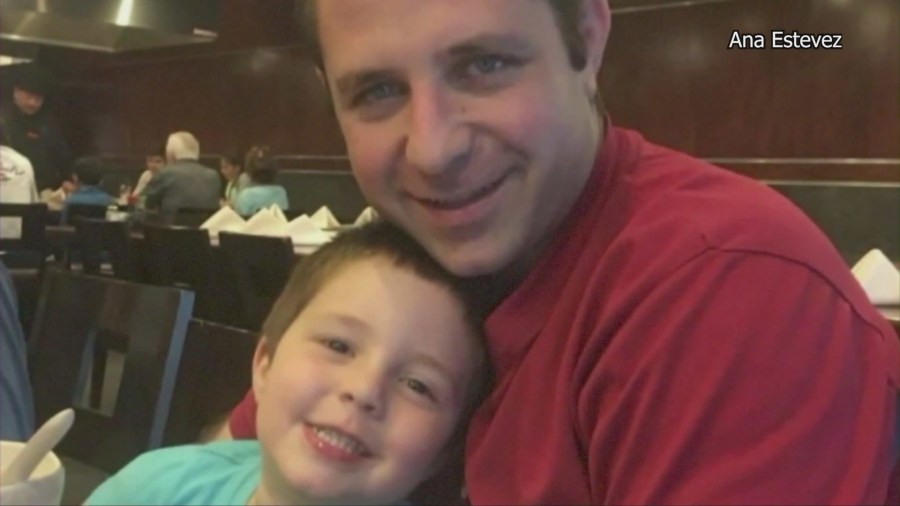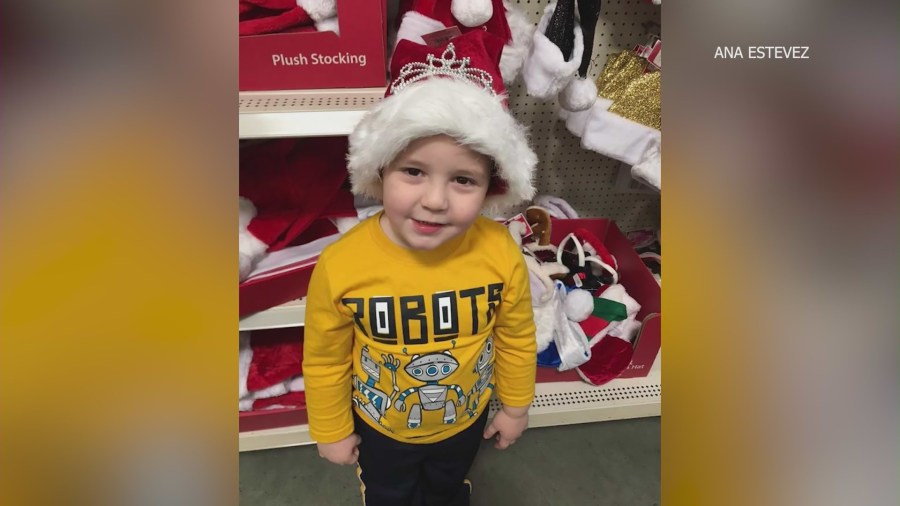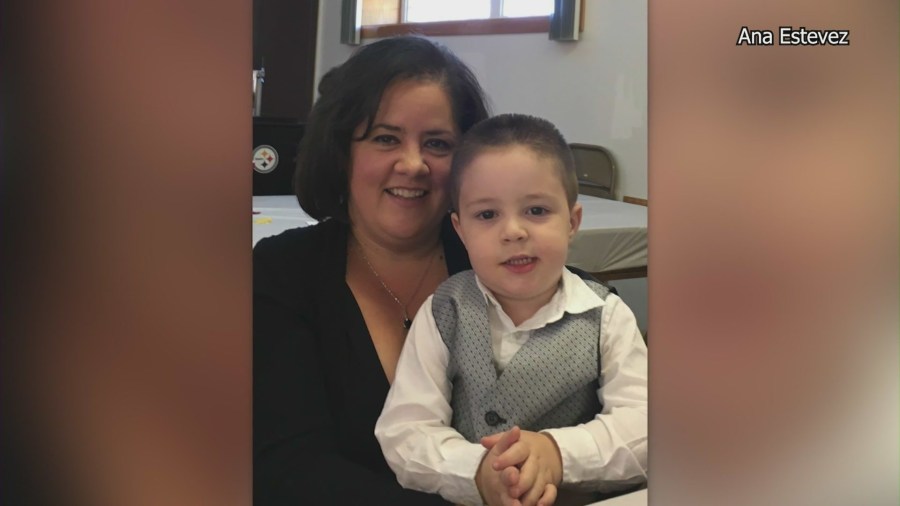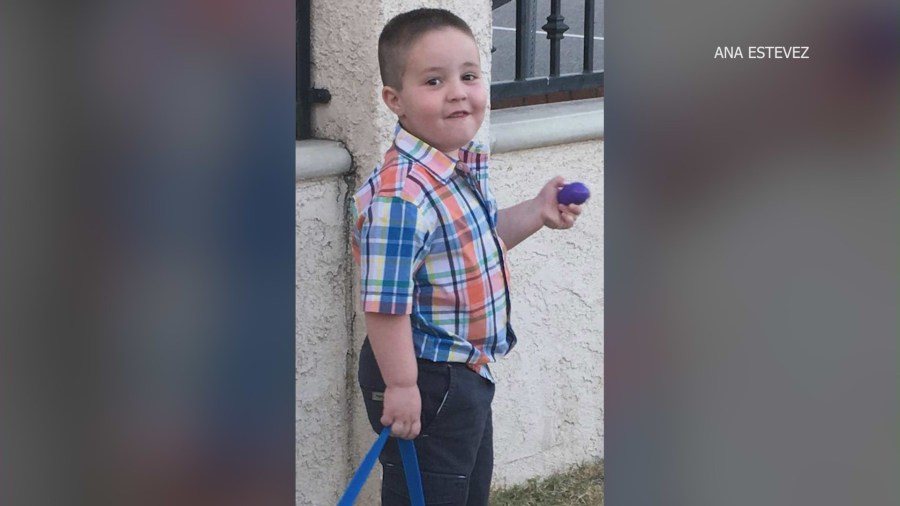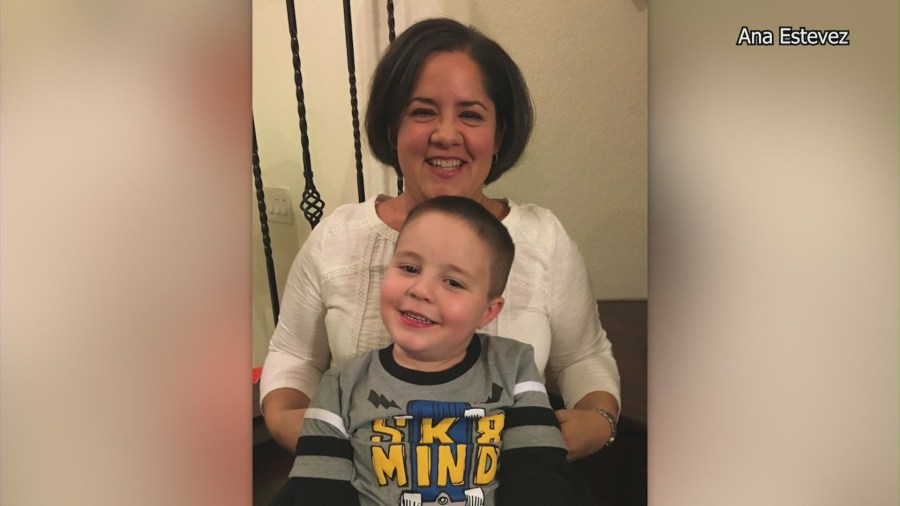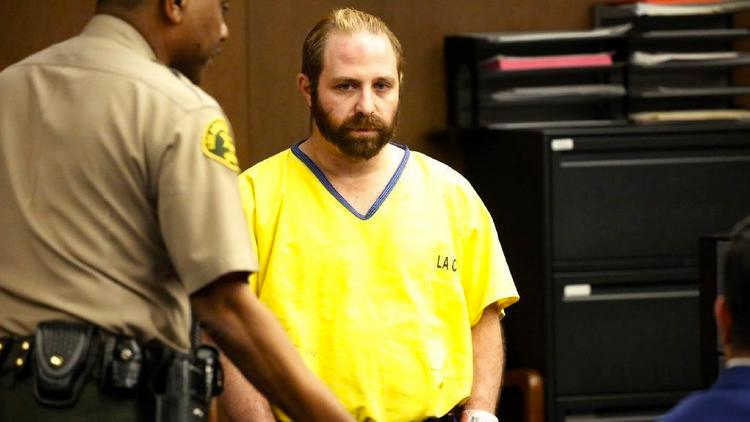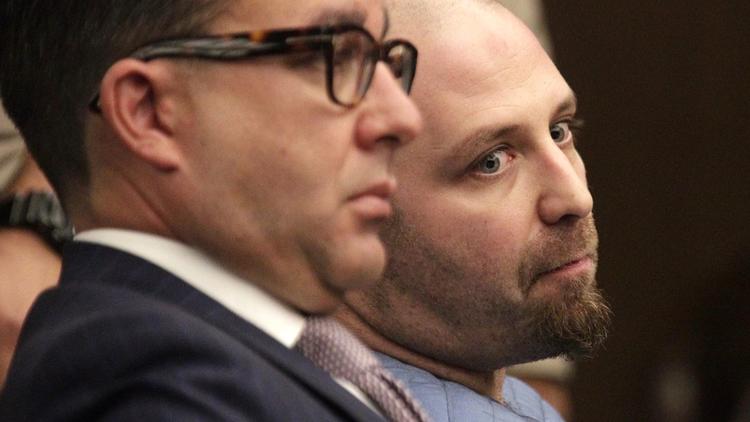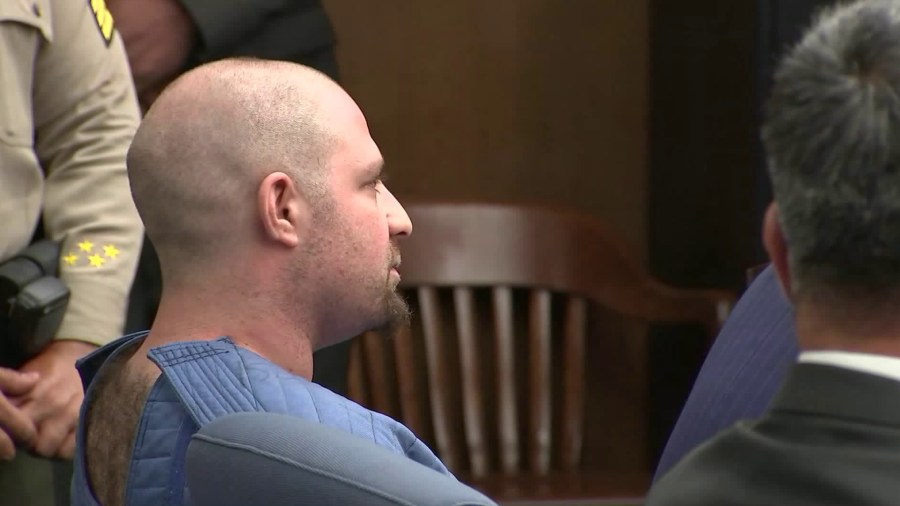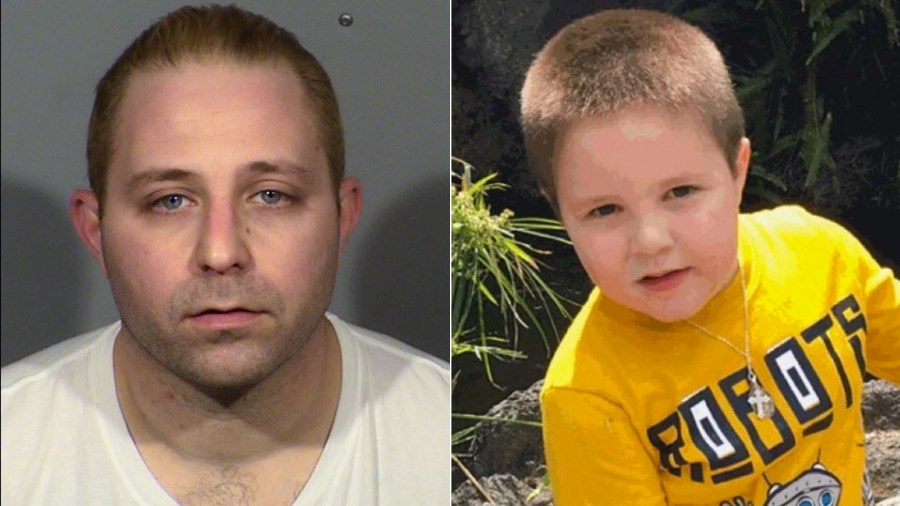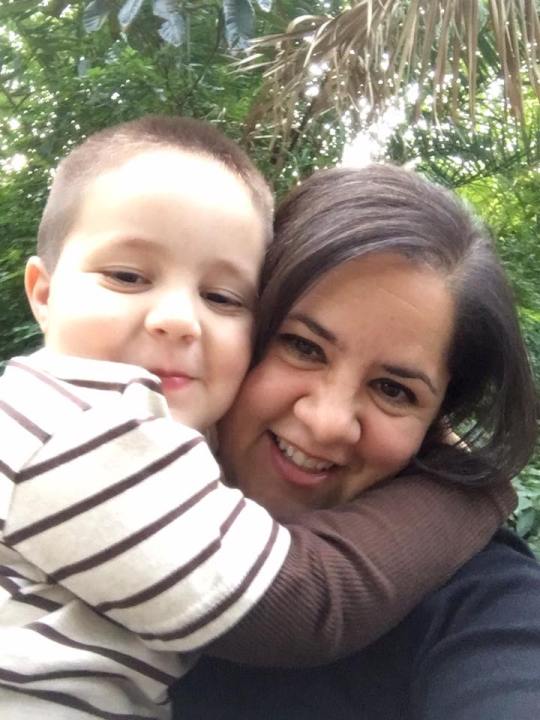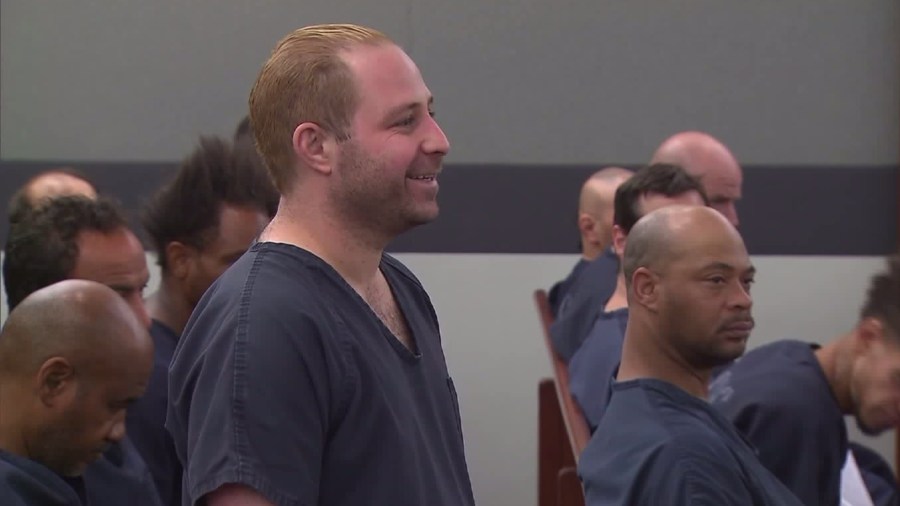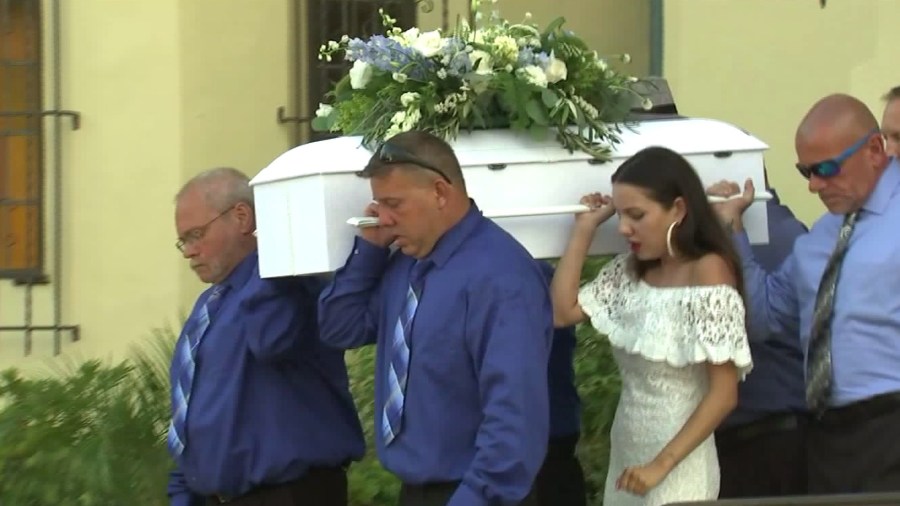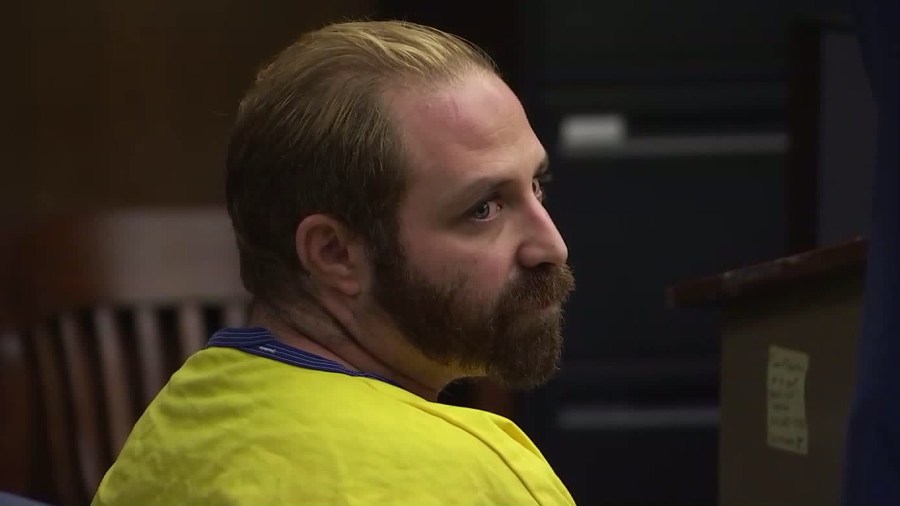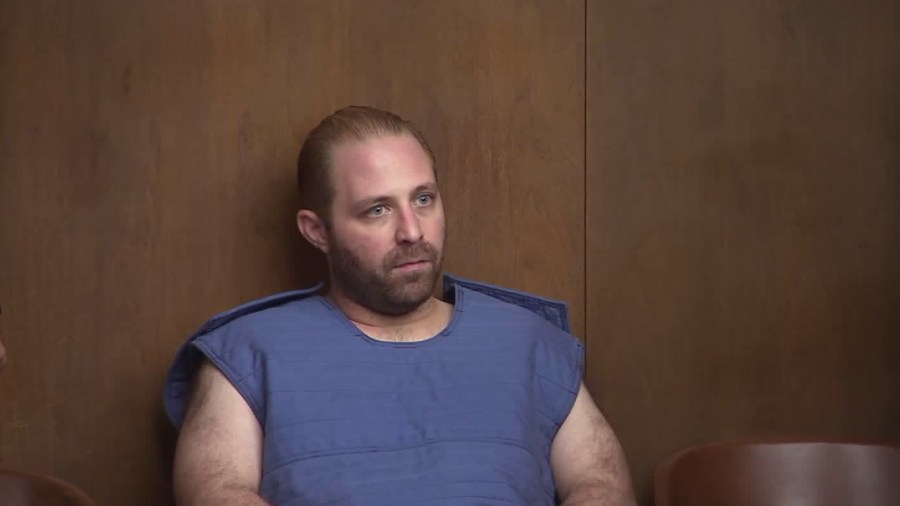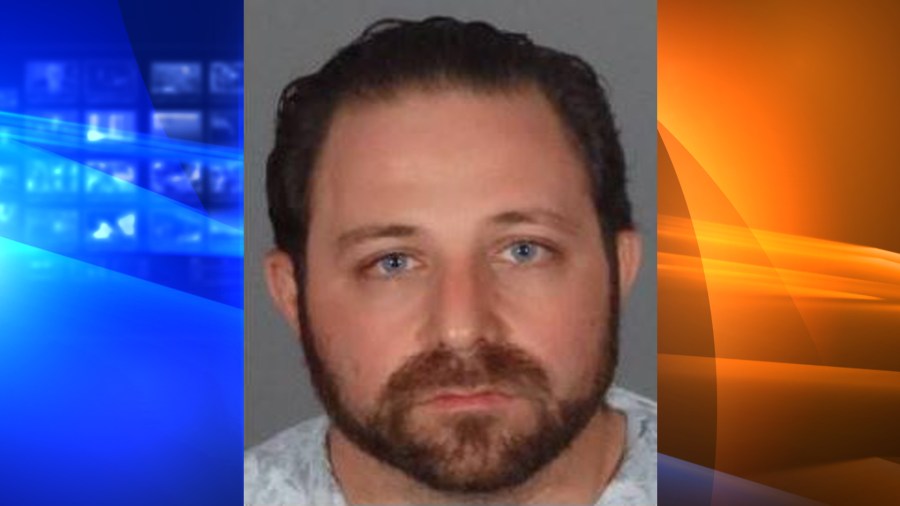The tragic death of a South Pasadena boy during a contentious custody battle has now led to the creation of new legislation protecting children from abusive parents.
In a unanimous vote on Friday, state assemblymembers passed “Piqui’s Law,” which was sponsored by Senator Susan Rubio of Baldwin Park. The law mandates domestic abuse training for judges, especially when dealing with child safety during custody battles with abusive parents.
The law is named after Aramazd Andressian, Jr., a 5-year-old boy known as “Piqui,” who was killed by his father after a trip to Disneyland in 2017.
The boy’s mother, Ana Estevez, had warned officials that the boy’s father, Aramazd Andressian, whom she was divorcing, was an abusive man. Despite her pleas, the man was granted joint custody of their son.
The judge allowed Aramazd to take the boy on vacation. A week later, Aramazd was found dazed in a South Pasadena park, claiming Piqui had been abducted.
Months later, he led detectives to Piqui’s body located in the woods above Santa Barbara near Cachuma Lake. He later pleaded guilty to the boy’s murder and is facing up to life in prison.
Since the boy’s death, Rubio’s bill aims to prevent similar tragedies from happening to children across the country.
“Every day is a challenge, said Ana Estevez, Piqui’s mom. “I take life day by day.”
Sen. Susan Rubio said these unnecessary deaths claiming hundreds of children’s lives every year may be attributed to judges not being able to recognize the red flags or signs of abuse from a parent or guardian.
“We’re trying to look out for children, Rubio said. “The father had been abusive towards Anna the mother. It was documented. In fact, he had a restraining order. Anna pleaded with the court not to let Piqui be with the father.”
Following her son’s death, Ana has been fighting for years to enact changes in the family court system.
After the unanimous passage of the law on Friday, judges will now be mandated to take training on domestic violence and child abuse to prioritize child safety in custody proceedings.
“It’s to ensure they understand what happens,” Rubio said. “Patterns of abuse, what happens during custody cases, what happens during domestic violence cases. When there are signs of harm, that we take it seriously.”
The new law will also remove traumatic reunification sessions where children are often pried from the arms of one parent and given to the other.
“Taking a child from their safe environment, the teachers, their friends, their loved ones is not best for children so that will ban that practice,” Rubio explained. “It’s long overdue in the state of California.”
The legislation is now on Governor Gavin Newsom’s desk and he is expected to sign Piqui’s Law within the next 30 days.
